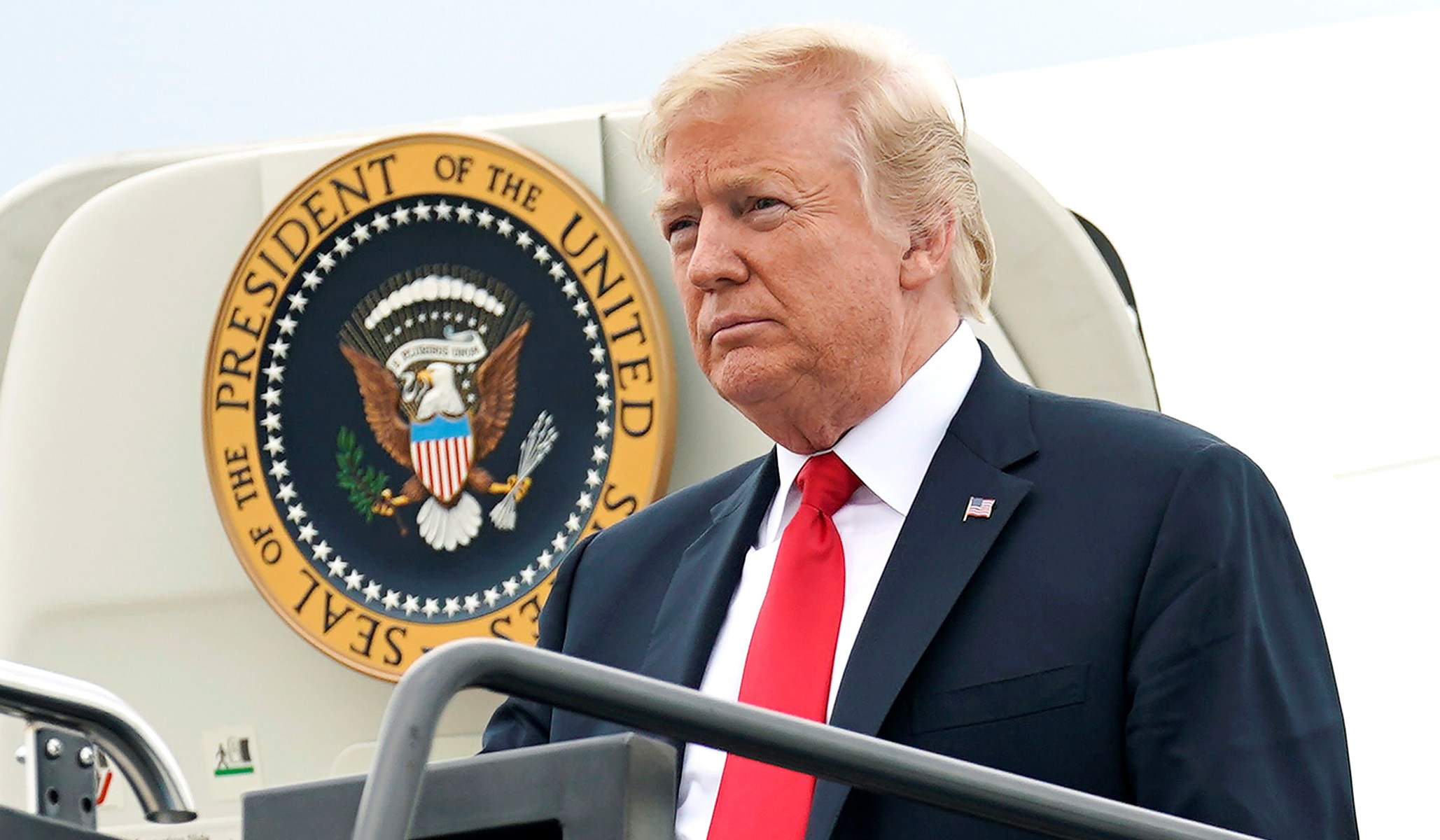By: Victor Davis Hanson – NationalReview.com – December 3, 2019
Donald Trump promised to shake up U.S. foreign policy. He has certainly done that from the Middle East to Asia. The U.S. is currently engaged in a three-front, maximum-pressure standoff with China, Iran, and North Korea — involving everything from tariffs to possible military action and the strictest sanctions in memory.
At first, Trump critics saw these policy recalibrations as either impotent or counterproductive. Pessimists asserted that China, with a population four times the size of the United States’, was fated for world hegemony. Why antagonize those who might soon control our political and economic future?
Bipartisan experts talked not of the heresy of “stopping” China’s ascendance, but of “managing” America’s relative decline. Translated, the implicit policy conceded that the U.S., in its trade concessions, should overlook systematic Chinese trade surpluses, flagrant violations of world commercial norms, neocolonial provocations throughout Asia, stealing U.S. patents and copyrights, product dumping, currency manipulation, and technological appropriation. Supposedly, the more we appeased China through acts of magnanimity, the more they would reciprocate by becoming like us.
Our classic model for China’s supplanting the U.S. was the prior gradual hand-off of world hegemony from the British Empire to the Americans, as the United Kingdom in the 1940s tutored us on our global responsibilities and tried to play Athenian philosophers to our Roman legions.
The canard was that there was no alternative to appeasement, given China’s more dynamic economy and cold-hearted efficiency — so beloved by progressives when it came to Beijing’s construction by fiat of high-speed rail, shiny airports, and solar and wind farms. Trump, we were told, was a ridiculous Quixote tilting at Chinese windmills, with his 19th-century talk of counterproductive “tariffs” and ossified “trade wars.”
Not now. The U.S. economy is still humming. The stock market is at record highs. Unemployment stays at near-record peacetime lows. Oil and gas production is beyond anyone’s wildest imagination just a few years ago. The Chinese economy, from what we can tell from its state-controlled media and censored state agencies, is slowing down. Human-rights activists are coming out of the shadows to damn China’s reeducation camps. Riots continue in Hong Kong, along with Orwellian surveillance of China’s own citizens at home.
Beijing’s only hesitation in seeking an armistice seems to come from an expectation that Trump will not be reelected and that a Democratic administration will return to the status quo — even as China claims that it sees Trump as an easily manipulated patsy. The bottom line is that China views the present recalibration as intolerable and is desperately seeking some way to nullify it.
So we are entering dangerous territory not because we are losing our trade war with China, but because we are beginning to win it. Xi Jinping not Trump has overplayed his hand. The Chinese know that they cannot end the standoff by returning to the former asymmetrical status quo. Nor can they embrace a new fair relationship — it would be antithetical to the very means by which China obtained its enormous wealth in the first place. Something then has to give.
The Iran deal in 2015 was all that Iran could dream for. Tehran got a blank check to continue its nuclear research under the guise of “peaceful” nuclear development. Sanctions were dropped, […]
To see the remainder of this story, click read more.
Source: Trump Foreign Policy: Gaining Momentum against China, Iran & North Korea | National Review
 Listen Online
Listen Online Watch Online
Watch Online Find a Station in Your Area
Find a Station in Your Area









 Listen Now
Listen Now Watch Online
Watch Online
